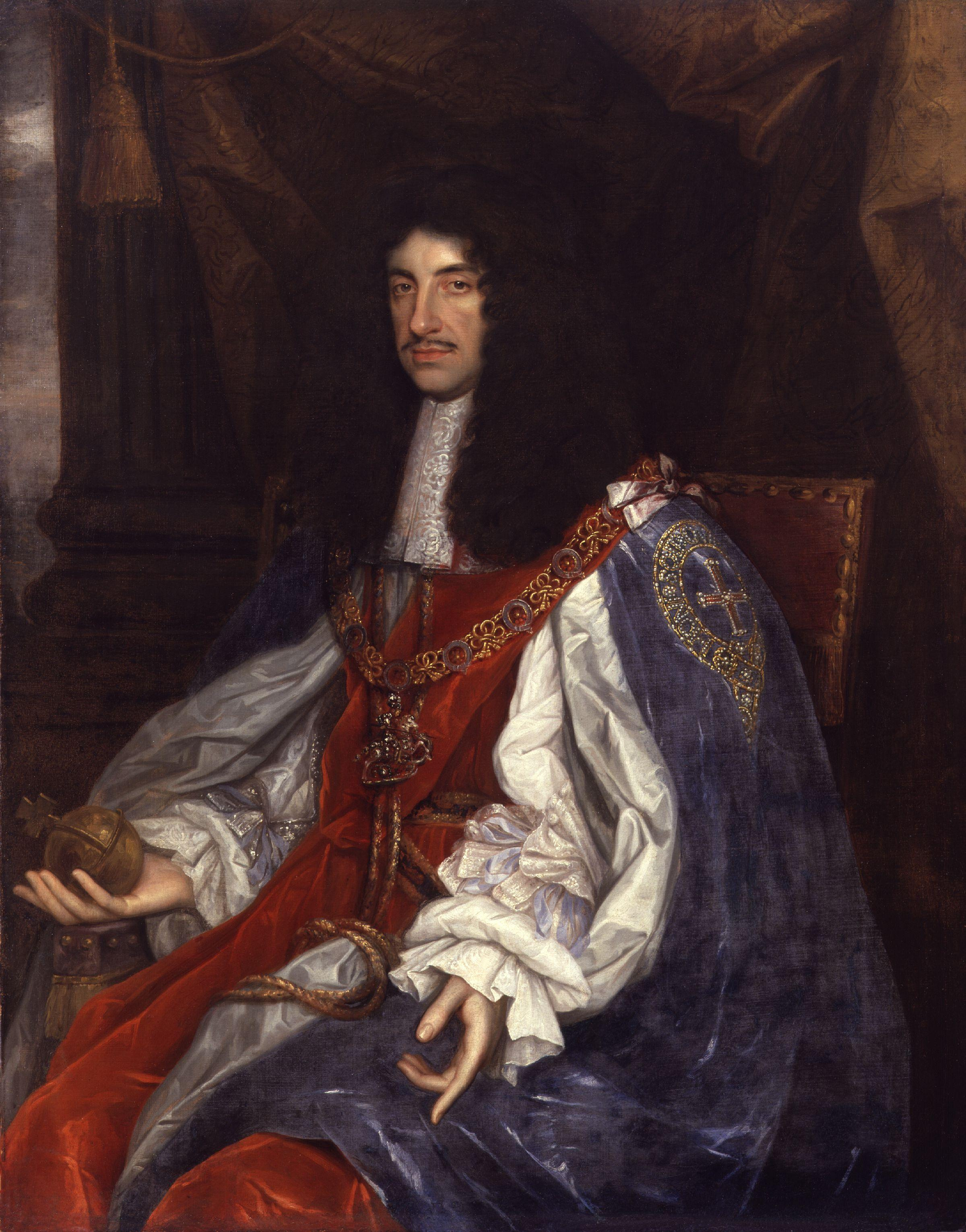As quoted by Philibert de Gramont (1701), in Memoirs of the Court of Charles the Second (1846) by Anthony Hamilton, edited by Sir Walter Scott.
Contexto: Mrs. Lane and I took our journey towards Bristol, resolving to lie at a place called Long Marson, in the vale of Esham.
But we had not gone two hours on our way but the mare I rode on cast a shoe; so we were forced to ride to get another shoe at a scattering village, whose name begins with something like Long—. And as I was holding my horse's foot, I asked the smith what news? He told me that there was no news that he knew of, since the good news of the beating of the rogues the Scots. I asked him whether there was none of the English taken that joined with the Scots? He answered, that he did not hear that that rogue Charles Stewart was taken; but some of the others, he said, were taken, but not Charles Stewart. I told him, that if that rogue were taken he deserved to be hanged, more than all the rest, for bringing in the Scots. Upon which he said, that I spoke like an honest man, and so we parted.
Carlos II de Inglaterra: Frases em inglês
As quoted by Philibert de Gramont (1701), in Memoirs of the Court of Charles the Second (1846) by Anthony Hamilton, edited by Sir Walter Scott.
Contexto: Mrs. Lane and I took our journey towards Bristol, resolving to lie at a place called Long Marson, in the vale of Esham.
But we had not gone two hours on our way but the mare I rode on cast a shoe; so we were forced to ride to get another shoe at a scattering village, whose name begins with something like Long—. And as I was holding my horse's foot, I asked the smith what news? He told me that there was no news that he knew of, since the good news of the beating of the rogues the Scots. I asked him whether there was none of the English taken that joined with the Scots? He answered, that he did not hear that that rogue Charles Stewart was taken; but some of the others, he said, were taken, but not Charles Stewart. I told him, that if that rogue were taken he deserved to be hanged, more than all the rest, for bringing in the Scots. Upon which he said, that I spoke like an honest man, and so we parted.
On his deathbed, asking that his favourite mistress, Nell Gwynne, be looked after, as quoted in History of My Own Time (1734), by Gilbert Burnet, Vol.II, Bk.iii, Ch. 17
To the Earl of Manchester, as quoted in the notes to Hudibras (1674), Part 1, Canto 1, by Samuel Butler, edited by Henry George Bohn, (1859)
“He had been, he said, an unconscionable time dying; but he hoped that they would excuse it.”
As quoted in A History of England (1849) by Thomas Babington Macaulay, Vol. I, Ch. 4, p. 437
On the House of Lords' debate on Lord Ross's Divorce Bill (1610), as quoted in King Charles the Second (1931) by Arthur Bryant
